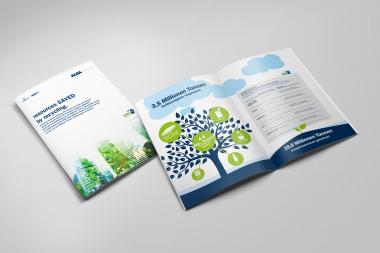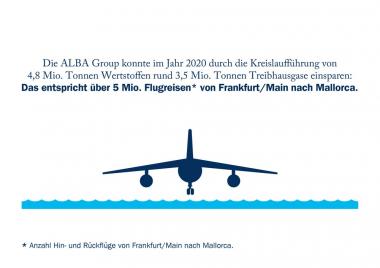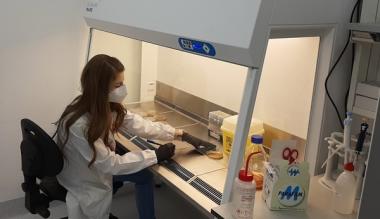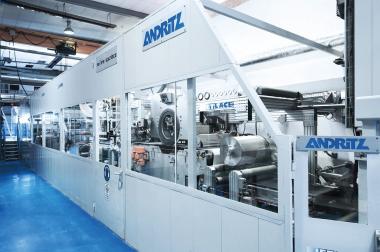Officina+39 presents its latest technologies and collaborations
Officina+39, an Italian sustainable chemical developer, attends Superstudio Più in Milan to show its technical progress and share its concrete contribution to a more Trustainable™ denim. Under the spotlight, among multiple innovations, the latest addition to the Officina+39 family: the brand-new NOVASCRAPER INDIGO.
NOVASCRAPER INDIGO, the new technology for classic aesthetics
NOVASCRAPER INDIGO allows to give a natural vintage look to denim garments through laser finishing, an actual innovative alternative to manual scraping. NOVASCRAPER INDIGO guarantees a natural effect with unparalleled quality and accuracy, requiring less manpower and less rejection rate when compared to manual scraping.
The Sixth Sense: less water, more Trustainability
Officina+39 and Tejidos Royo joined forces to create a denim line that drastically reduces water consumption: this is “The Sixth Sense”, a project concretely inspired by the 2030 Agenda for Sustainable Development and specifically by its SDG6, calling to action to ensure access to water and sanitation for all. Officina+39 personally accepts this global challenge by contributing to the realization of “The Sixth Sense” with its AQUALESS MISSION. Featuring three cutting-edge laundry products for one innovative process, AQUALESS MISSION combines the application of REMOVER BC, AQUALESS AGED – a waterless compound to give denim abrasion effects –, and OZ-ONE POWDER – an advanced product to give garments a bleached yet eco-friendly treatment in a dry application, for a worn and distressed look. Compatible with conventional washing and treatment machinery, it allows for water consumption savings up to 75%.
Focused on driving sustainability in the textile industry, Tejidos Royo uses low-impact fibers and yarns as a raw material and the implementation of foam-dyeing technology with its Dry Indigo®, the first-ever technology to foam-dye denim with zero water use and no water discharge.
CircularKromia: a colorful path for preloved garments
At Officina+39 the word “waste” becomes synonymous with opportunity, a source to create something new, fostering true, Trustainable™ circularity. This is the background to the collaboration with Atelier Riforma, an innovative startup born in Turin (Italy) with a social vocation. Through the contribution of Officina+39’s RECYCROM™, it has been possible to obtain new pigment and dyestuff pulverizing discarded garments and pieces usually difficult to recover through tailoring transformation alone. The collection made it possible not to generate any waste, no new raw materials were required to create CircularKromia.
The Circle Book 2: the power of collaboration and circularity
A collective project gathering a total of ten companies with common goals focused on transparency and circularity in denim design, The Circle Book is now in its second edition that culminated in CULTURE.IN, a circular capsule collection transparently made from recycled and degradable materials.
Officina+39 opens its doors, with Lenzing and Meidea
In the evening of October 13, the recently inaugurated brand-new headquarters of Officina+39 in Biella opened their doors to welcome denim personalities, brands, designers and partners to show where Officina+39's innovative technologies are created, to network and celebrate while preparing new steps towards the design of a more circular and – of course – Trustainable™ fashion Industry.
Officina+39 / Menabò Group srl







































